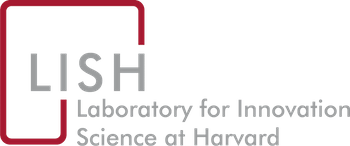Kevin J. Boudreau and Karim R. Lakhani. 2013. “
Using the Crowd as an Innovation Partner.” Harvard Business Review 91 (4), Pp. 61-69.
Publisher's VersionAbstractFrom Apple to Merck to Wikipedia, more and more organizations are turning to crowds for help in solving their most vexing innovation and research questions, but managers remain understandably cautious. It seems risky and even unnatural to push problems out to vast groups of strangers distributed around the world, particularly for companies built on a history of internal innovation. How can intellectual property be protected? How can a crowdsourced solution be integrated into corporate operations? What about the costs? These concerns are all reasonable, the authors write, but excluding crowdsourcing from the corporate innovation tool kit means losing an opportunity. After a decade of study, they have identified when crowds tend to outperform internal organizations (or not). They outline four ways to tap into crowd-powered problem solving — contests, collaborative communities, complementors, and labor markets — and offer a system for picking the best one in a given situation. Contests, for example, are suited to highly challenging technical, analytical, and scientific problems; design problems; and creative or aesthetic projects. They are akin to running a series of independent experiments that generate multiple solutions—and if those solutions cluster at some extreme, a company can gain insight into where a problem’s “technical frontier” lies. (Internal R&D may generate far less information.)
